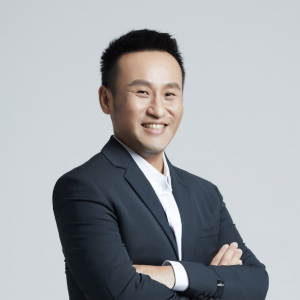Since its debut, generative AI chatbot ChatGPT has created a media maelstrom, not just as a trending topic but by throwing gas on the fire of “AI anxiety”. By typing a simple command into the chatbox, the AI can instantly generate quality answers on any topic such as programming, article writing, market analysis, even love letters. But it’s also generating stress for the PC-bound, white collar workforce.
According to World Economic Forum predictions, by 2025, 85 million jobs will have been replaced by AI while 97 million new jobs will be created. What we’re looking at is a huge reshuffling of the job market. Finding job opportunities amid the new AI competition will be dependent on not just the strengths of the individual, but the actions taken by governments, educational institutions, and enterprises.
In my opinion, I don’t believe those who already have a solid background of work experience have much to fear. If they keep up with the times and learn how to apply the AI tools, the technology could even serve to significantly improve their work efficiency and quality. It’s the next generation of workers that I am more concerned about.
Most of us working today developed our job skills and industry knowledge through the performance of basic tasks upon beginning our careers. It’s this phase that AI could effectively replace. By the time the next generation enters the workforce, many industries will have already integrated AI into their workflows, potentially robbing workers of the ability to cultivate their professional skills. We also need to consider whether our current education systems are capable of preparing the next generation for these challenges. This will be key to creating an effective job market reshuffling.
The moment generative AI entered the public view, the media exploded with stories of schools banning AI in fear of students taking advantage of the technology. But what educators need to urgently consider is not how to suppress AI, but how to integrate it into their teaching systems so that students are not only competent with the tools, but develop critical thinking and rapid learning skills. In our current education system (especially in Asia), kids need to be able to answer a lot of questions, but that’s a skill that AI may soon replace. In the future, only talents who possess both a grasp of the underlying logic of everything and the ability to use AI tools to enhance their work effectiveness will be able to survive.
In terms of governments, leaders will need to determine how to respond to the impact of AI on policies and regulation. The challenge will be to adapt to technological innovation while finding ways to avoid the societal issues that AI could create, like mass unemployment, false news and images, or AI-enabled fraud or crimes.
Instead of fretting about whether AI will replace humans and letting scientific progress polarize us, we should spend our time thinking about how we can work together to effectively apply the technology in service of humanity.

